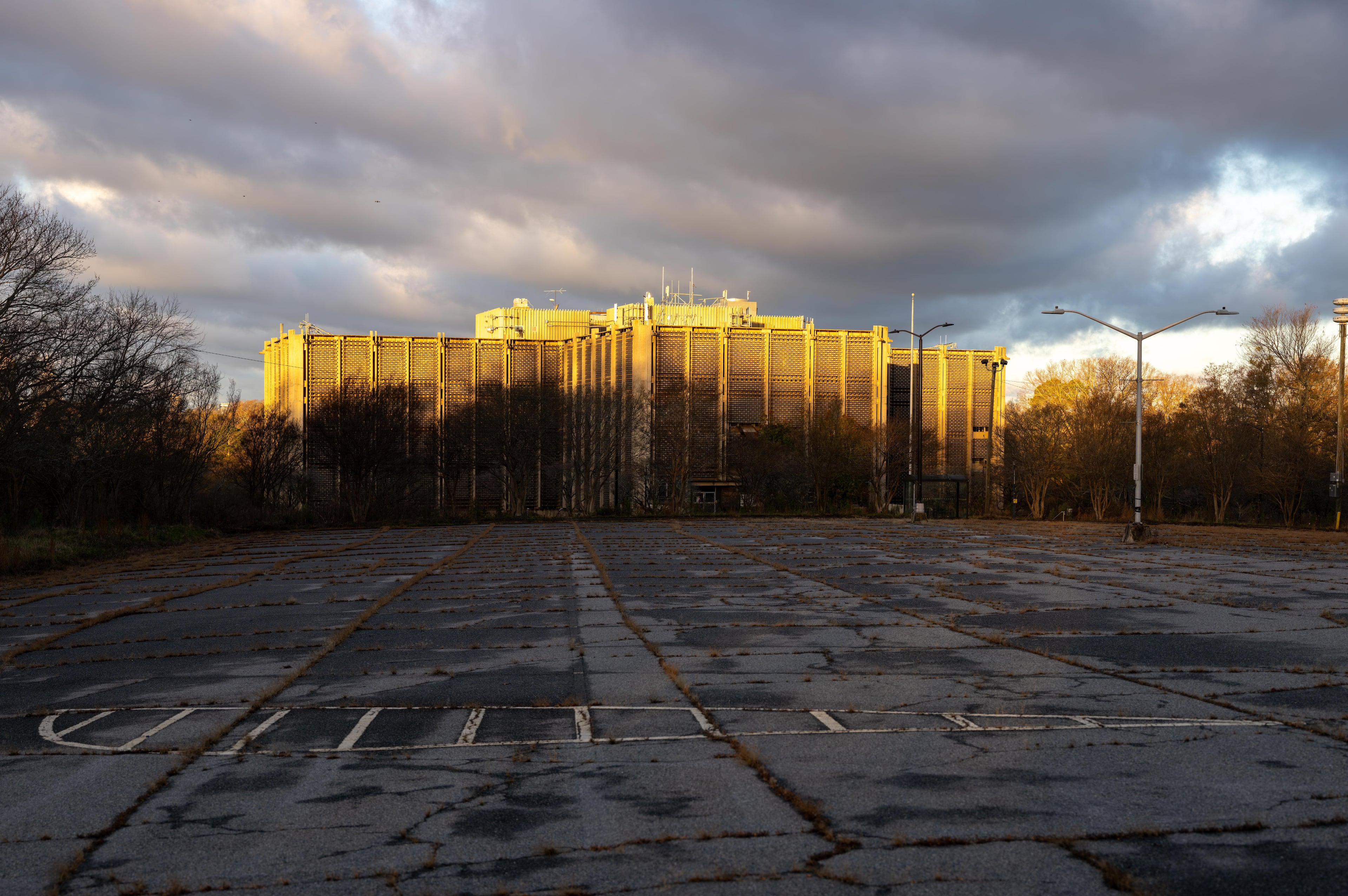Gridlock Guy: GDOT leader gives update on major metro Atlanta projects

Transportation capacity has to expand with the influx of people to Atlanta, including roads. As some major projects come to a close, others are just taking shape. Georgia Department of Transportation Commissioner Russell McMurry gave us an update in an exclusive interview with The Atlanta Journal-Constitution.
GDOT’s extensive “Transform I-285/GA-400″ project is nearly finished. After a recent repave of existing lanes, what remains of the yearslong endeavor to build collector-distributor lanes along miles of each freeway to force local traffic into the busy Perimeter-Sandy Springs to exit early — is a small punch list.
“Some of the conduits still have to be run for the cameras and the signs. A lot of that had to be installed in a temporary condition,” McMurry said. These should not shut down lanes often.
My traffic-reporting friends will be happy to get those cameras back.
But the work is not done on either freeway. GDOT recently announced that the $4.6 billion dollar project to build variably priced toll lanes on each side of GA-400 between the North Springs MARTA Station (Exit 5) and McFarland Parkway (Exit 12) is moving forward. The project’s price tag was among factors that delayed the effort, but McMurry said the state has a public-private partnership with Peach Partners for 50 years.
“They actually finance the project. They build the project and then they operate and maintain the project,” McMurry explained. “The private sector is incentivized to have great customer experiences for the Express lane users.”
For example, McMurry said, Peach Partners has come back with 16 additional access points for drivers in the lanes.
And GDOT is readying the GA-400 toll lanes for mass transit, as the lanes will interface with the North Springs MARTA Station. Bus Rapid Transit stations will be built at Holcomb Bridge and near the North Point Mall and the lanes will have ramps that go to the Windward Parkway MARTA park-and-ride lot.
McMurry estimates completion in 2031.

GDOT also began the procurement process of a larger stretch of toll lanes on I-285, two in each direction, stretching from the Chattahoochee River in Sandy Springs to just north of Lavista Road in Tucker. The completed project will hug the north half I-285, from I-20 in DeKalb to I-20 in Fulton County.
The cost, will be $20-25 billion dollars — a massive amount. So, like the GA-400 toll lanes and those along I-75 and I-575, the state will be in a private-public partnership.
McMurry said that procurement, or the selection of a contractor, just for the first I-285 section takes two years. The commissioner explained that many people complain about being taxed to build the lanes and then having to pay to drive in them. The private partnership, McMurry said, basically eliminates the public cost.
Like those on GA-400, the I-285 lanes will also connect with MARTA but at the Medical Center and Doraville stations.
I-285 toll lanes will not be finished until the 2030s.
GDOT is also well underway in rebuilding one interchange with I-20 in DeKalb and will soon do the same with the other in Fulton.
The build on the east side, which began in 2023, is expected to last into 2026. Crews are rebuilding the circular I-20/westbound ramp to I-285/southbound (Exit 67), the I-20/westbound ramp to I-285/northbound, and the I-285/southbound ramp to I-20/eastbound (Exit 46). They are also widening the I-20/eastbound ramp to I-285/northbound and adding collector or auxiliary lanes to I-20 both ways between I-285 and Lithonia Industrial Boulevard. Several bridges will also be improved in that area.
In West Atlanta, McMurry said the contractor has just been approved for $1.2 billion. Crews will build additional I-20 auxiliary lanes both ways between the Factory Shoals Road bridge (west of Six Flags) and Hamilton E. Holmes Drive (Exit 52). Crews will also rebuild, McMurry said, “The dysfunctional loop ramps that exit from the left side of the road instead of the right side of the road.”
That project is slated to finish in 2031.
Some will argue that dumping billions more into expanding roads just feeds the car addiction, and that’s a valid point. But the constant expansion of freight and continued population growth warrant change.
Plus, the new toll lanes will connect with MARTA, which could encourage people to drive individually less often.
The basic point of these lane expansions and interchange rebuilds is to not only add capacity, but to make the exit and entry points more efficient. Atlantans and visitors still have years to wait on these improvements, but will thankfully see one long project finish this year.
Doug Turnbull has covered Atlanta traffic for over 20 years. Contact him at fireballturnbull@gmail.com.


